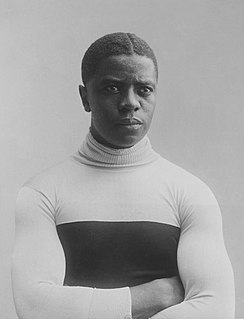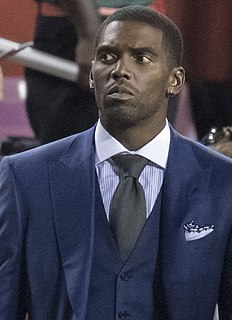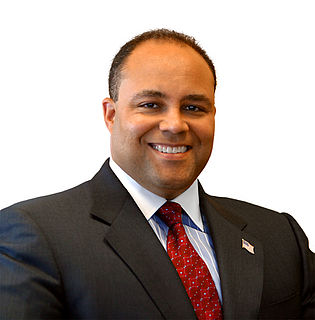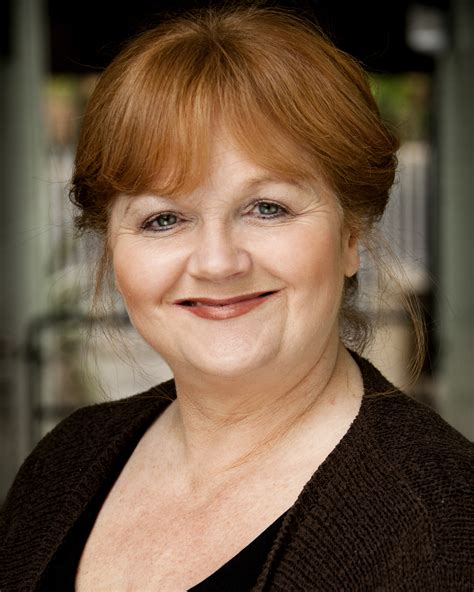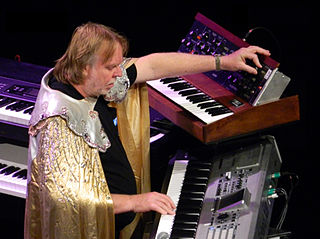A Quote by Tony Blair
What I will say to people is what you require are rules and not prejudices.
Related Quotes
Crocker's Rules didn't give you the right to say anything offensive, but other people could say potentially offensive things to you, and it was your responsibility not to be offended. This was surprisingly hard to explain to people; many people would read the careful explanation and hear, "Crocker's Rules mean you can say offensive things to other people."
Now, I’m not saying that we don’t need rules in society. But the question of who makes the rules and on what basis becomes supremely important. Will the rule-making flow from the matrix of voluntary exchange based on the ethic of serving others through private enterprise? Or will the rules be made and enforced by people wearing guns and bulletproof vests with a license to shock or kill based on minor annoyances?
I always say that you could publish trading rules in the newspaper and no one would follow them. The key is consistency and discipline. Almost anybody can make up a list of rules that are 80 percent as good as what we taught people. What they couldn’t do is give them the confidence to stick to those rules even when things are going bad.





